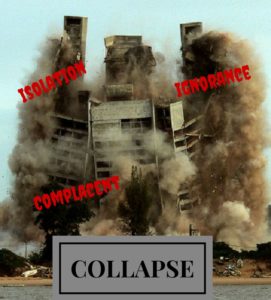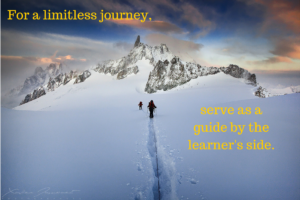How can I be happy and productive at the same time? Well since being a professional golfer is off the table, option two is to read. One sounds much more glamorous than the other.
Reading to Move Forward
I have so much more to say when I’m actively reading something. Part of the reason I’m writing this is to convince myself to continue to read. I think about why I haven’t been writing and I find that I haven’t been reading. When I read at night I wake up with thoughts and responses, reflections, and revelations. My battle isn’t so much about whether my words are important to write down. It’s more about am I doing enough to stimulate a response or am I just achieving new levels on games on my phone. Don’t get me wrong, that IS stimulating but it’s difficult to blog about.
I love the feeling I get when I take in an artistic movie or a touching memoir, or even a thoughtful commercial. What do all these have in common?
They make me think and feel. I’m aware that games on my phone do cause me to think and feel but there’s never an important response. Just a glaring void on the back end of it.
A Transforming Power
I could not agree more with the following words I read in Mary Oliver’s book Upstream.
“I did not think of language as the means to self-description. I thought of it as the door—a thousand opening doors!—past myself. I thought of it as the means to notice, to contemplate, to praise, and, thus, to come into power.”
I realize I’m nothing special but reading and writing move me to special thoughts.
I don’t consider myself an intellectual, just ask my family how I act around the house! Although I love to feel like an intellectual. Literature and art make me feel smart and they make me feel creative. When reading, listening, and contemplating I become like Clark Griswold’s Christmas lights. There is so much power coming in but all I can produce is a brief surge of brightness that ultimately just drags people out in the cold to be disappointed. (Don’t worry, that will be the only Christmas movie reference.)
How I Read
Now there are so many ways to take in stories and I utilize most of them. I listen to books on my phone using apps called Hoopla and Overdrive. Both offer an abundance of audiobooks for FREE through the library! I usually pick the audiobook if I just want to take in an overall interesting story. If I’m looking to pull information from a text then I use the kindle app on my phone because I can highlight and store notes in it. Plus, Amazon gift cards are my favorite. I’ll still pick up a physical book occasionally but that’s usually saved for casual reading on the couch or in bed.
Help Me
Could we spur one another on to read, observe, and listen intently to the important content we’re taking in. This is the ultimate goal I have for my students. It’s a goal I have for myself but I’m going to focus on the intently portion. You see my output here at my blog. You can tell when I’m not reading, observing, and listening intently because my writing is either non existent or it sucks.
Please spur me on if you don’t find me here often or if I’m plainly and obviously sucking.
What I’m Taking In
–Almost daily devotions currently in the book of Acts.
–Upstream by Mary Oliver and a couple other little books she has on poetry
–Switched On by John Elder Robison. A Memoir of brain change and emotional awakening. I’m looking forward to this one as it’s on the topic of autism.
Peace as we attempt to live intently



 nce
nce 